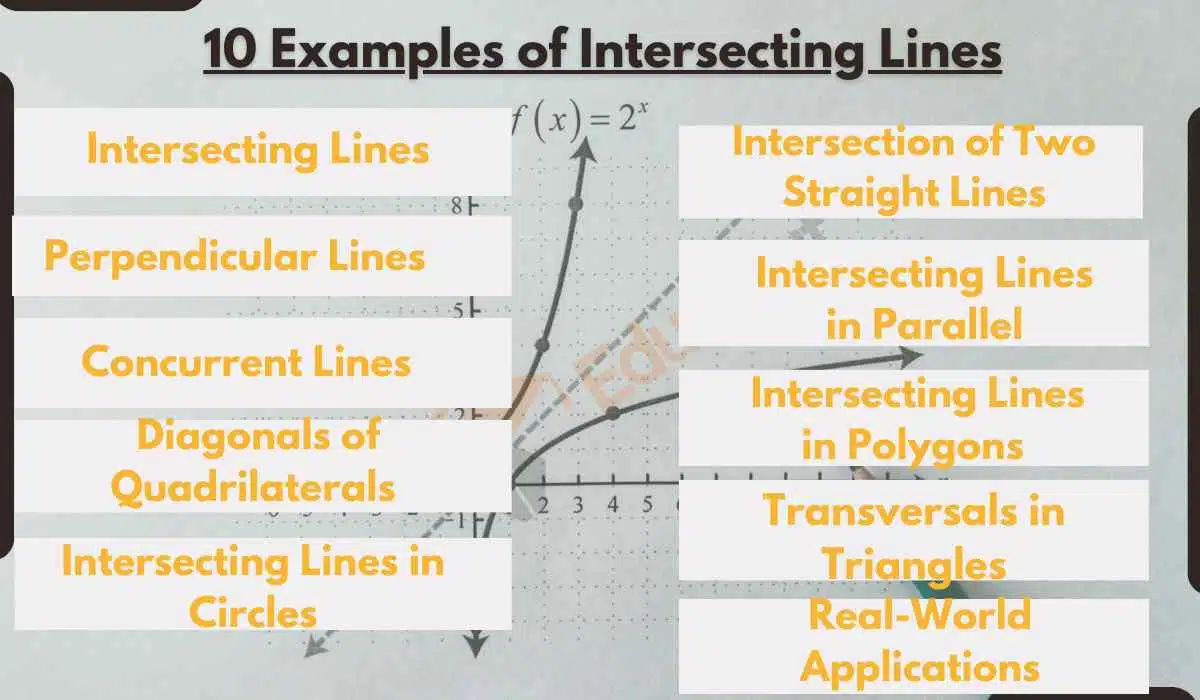10 Examples of Deductive Reasoning in Math
Deductive reasoning is a fundamental aspect of mathematics. Deductive reasoning is the process of reaching a specific conclusion based on general premises or statements known to be true.
In this article, we’ll discuss the 10 examples of deductive reasoning.
Examples of Deductive Reasoning
These are examples of deductive reasoning.
1: The Sum of Two Even Numbers
Deductive reasoning is used in the sum of two even numbers. If we take two even numbers, say 2 and 4, we can deduce that their sum will also be an even number.
This deduction is based on the general property that the sum of two even numbers results in another even number.
2: Proving a Triangle’s Angles Equal 180 Degrees
In geometry, deductive reasoning helps us prove that the sum of the angles in any triangle equals 180 degrees.
This deduction is derived from the properties of parallel lines intersecting transversals.
3: The Property of Equality in Equations
In algebra, deductive reasoning is used to solve equations.
For example, if we have the equation 2x = 8, we can deduce that x = 4 based on the property of equality.
4: Proving the Pythagorean Theorem
Deductive reasoning played a important role in proving the Pythagorean Theorem.
Mathematicians used deductive logic to demonstrate that in a right triangle, the square of the hypotenuse is equal to the sum of the squares of the other two sides.
5: Geometric Series Convergence
In calculus, deductive reasoning helps us determine whether a geometric series converges or diverges. By analyzing the common ratio, we can deduce the series’ behavior.
6: Mathematical Induction
Mathematical induction is a powerful tool in deductive reasoning. It allows us to prove statements for an infinite number of cases by establishing a base case and an inductive step.
7: The Distributive Property
In elementary algebra, we use deductive reasoning to explain the distributive property, showing how it applies to various mathematical operations.
8: Syllogism in Logical Deduction
Syllogism, a form of deductive reasoning, helps us draw logical conclusions.
For example, if we know that all men are mortal, and Socrates is a man, we can deduce that Socrates is mortal.
9: Finding the Roots of Quadratic Equations
Deductive reasoning assists us in finding the roots of quadratic equations using the quadratic formula. By following a step-by-step deductive process, we arrive at the solutions.
10: Mathematical Proofs in Number Theory
In number theory, mathematical proofs often rely on deductive reasoning to establish theorems and properties of integers, primes, and other mathematical structures.






Leave a Reply